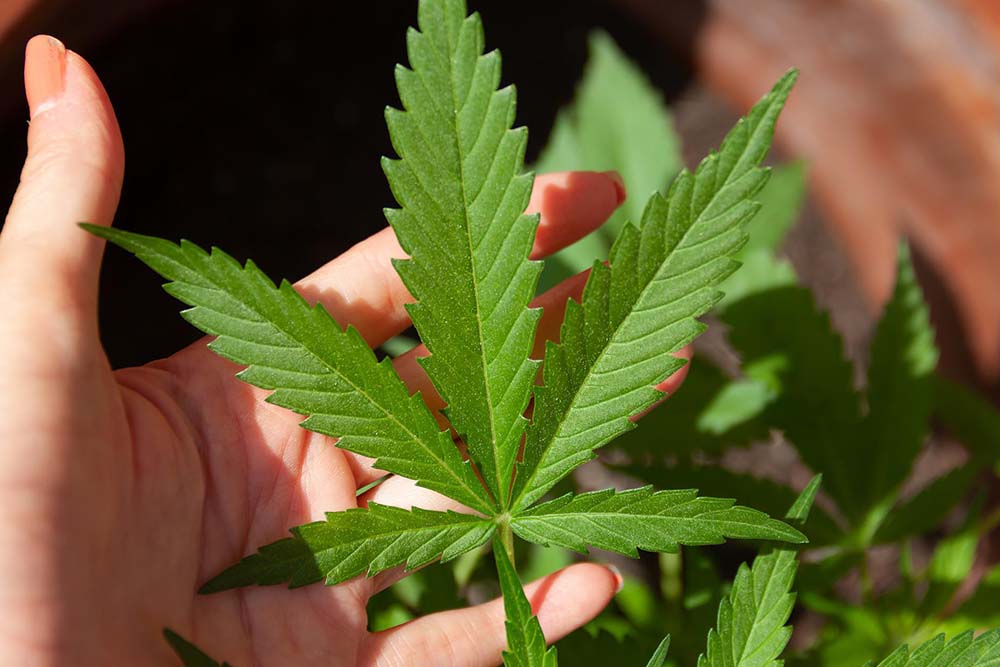Cannabidiol as novel food? EFSA say no for now

A panel of scientific experts of the European Food Safety Authority (EFSA) has put on hold the evaluation of the safety of cannabidiol (CBD) as novel food and has published their opinion providing for explanations and indications.
The reasons for this lie essentially in the lack of information and in the uncertainty on the potential risks related to the consumption of CBD; such elements have not allowed the EFSA panel to establish the safety of cannabidiol as novel food.
In order to better understand what we are talking about, we should first define this ingredient: we are not talking about extracts from hemp in general, but of cannabidiol, a substance that can be obtained from the plants of Cannabis sativa L. as well as be synthesized through chemical processes.
In general, all food products and substances with no history of consumption to a significant degree in the EU by 15 May 1997 fall into the category of novel foods, regulated by Regulation (EU) 2015/2283 that became effective on 1 January 2018.
Therefore, if such history of significant consumption to a significant degree is not demonstrated within this date for a certain ingredient, then, before being allowed to use it, it is necessary to apply for its authorisation as novel food.
The request should be submitted online, directly to the European Commission, but the controls on its safety are then carried out by the European Food Safety Authority (EFSA).
After the release of a positive opinion by the EFSA experts, the Commission releases an authorisation and the new authorised ingredient is included in the Union list.
For each new ingredient, all required specifications are also reported, including the types of foods where the ingredient can be present, its doses as well as other characteristics that can be useful to define the type of ingredient, how to use it or any restriction to its use.
The applicant should therefore submit a novel food dossier to the Commission, in order to support the authorisation application.
To help companies in this submission, EFSA has made available some guidelines detailing the content of the dossier and reporting indications to guide companies in the preparation of the technical dossier that must include scientific data supporting the safety of the substance concerned by the authorisation application.
The EU regulations on cannabidiol
In the specific case of cannabidiol, the European Commission considers this ingredient as potentially being a novel food, provided that it complies with the conditions laid down by the EU regulations for novel foods.
According to the European regulations, following the submission of 19 authorisation applications for CBD as per the novel food regulation (many other applications are however expected), the Commission has requested to EFSA to express their opinion on the safety of human consumption of CBD.
However, the process has not led to the authorisation of cannabidiol as novel food as the EFSA’s expert Panel on Nutrition, Novel Foods and Food Allergens (NDA) has found some gaps in the data regarding the effect on health as well as some uncertainties, thus being forced to stop the evaluation of this ingredient.
Various risks have been actually identified in relation to CBD consumption: in particular, data on cannabidiol effects on the liver, gastrointestinal tract, endocrine system, nervous system and on people’s psychological well-being were not sufficient.
Studies in animals show relevant adverse effects especially on reproduction; therefore, it is important to determine if these effects are also seen in humans.
Before proceeding to the evaluation and, possibly, to the authorisation of cannabidiol as novel food, the many gaps in the data regarding its effects on human health should be filled.
In any case, the EFSA panel has stressed that they have not concluded that CBD is unsafe as food, but only that no evaluation can be completed due to the lack of essential information.
Actually, the suspension of the evaluation of a novel food is not a rare event; on the contrary, this often occurs when the information in the dossier are not complete or exhaustive.
Now it will be necessary to fill in the gaps in the data: this is a responsibility of the applicants, that must integrate their dossier providing the missing data, studies and information to support cannabidiol safety.
EFSA is also cooperating with the applicants, providing technical assistance and explaining how additional information should be supplied to solve doubts and uncertainties: this would allow the panel to conclude the evaluation of CBD as novel food.
Written by: Federica Montozzi
Foto di Alissa De Leva da Pixabay





